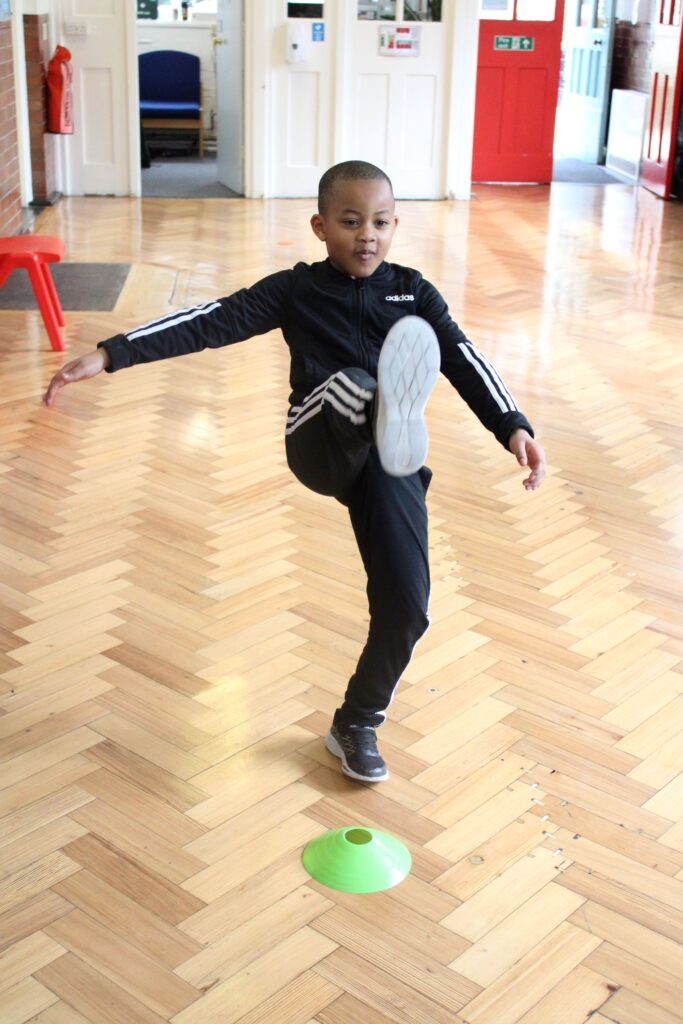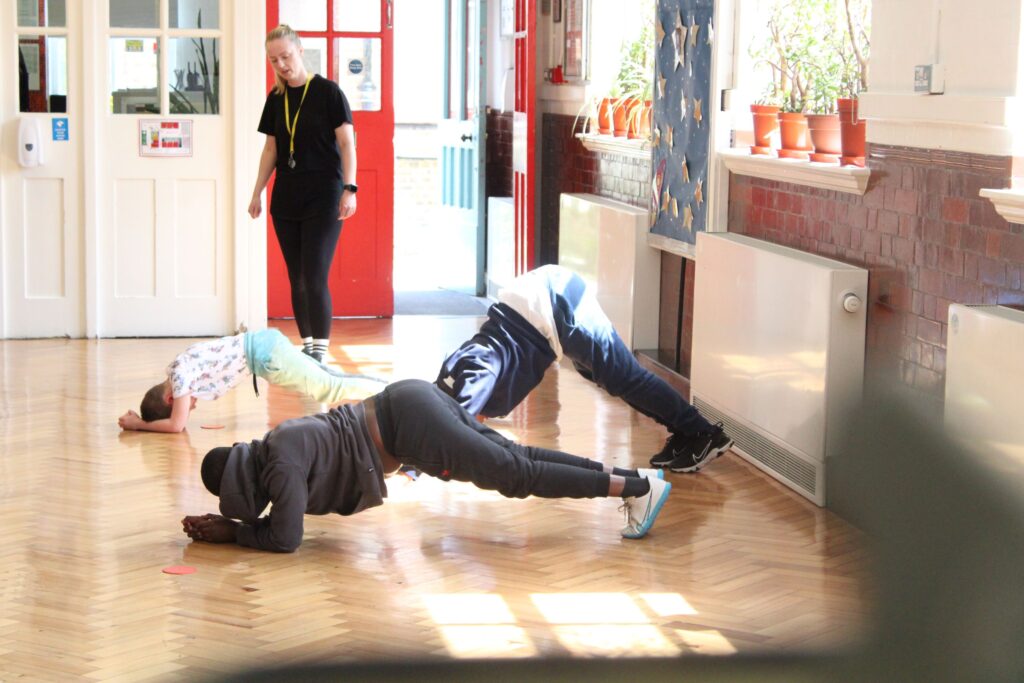We are very pleased to be able to offer our children the chance to practice Taekwondo.
Qualified Taekwondo instructors work with the children for 45 minutes on Tuesdays and Thursdays.
Please read the instructor’s notes which will tell you more about the sport. As you will see, it aims to encourage fitness, self-discipline, self-confidence and self-control.
There will not be any physical contact between children or adults and it does not promote violent behaviour. Summerhouse would certainly not provide these lessons if that were the case.
We hope the children will all enjoy and benefit from these sessions. However, if you would rather that your child did not particpate please let us know.
Olympian Taekwondo Academy
Introduction to Taekwondo for Parents and Students
Taekwondo, “the way of the foot and fist”, is based on ancient Korean methods of self-defence (notice how the word “weapon” is not involved). Taekwondo involves the usage of only the hands and the feet to accomplish its goals. It places major emphasis on flexibility and kicking techniques, but hand techniques are also widely employed. This rapidly developing martial art has become a major international sport and was introduction to the Olympic Game in Seoul, Korea in 1988. Taekwondo is practiced in 123 countries with over 30 million practitioners and 3 million individuals with black belts throughout the world. There are five tenets of Taekwondo: Indomitable Spirit, Self-Control, Perseverance, Etiquette and Modesty. These five tenets should build strength and confidence in a person without making them overbearing on others.
Taekwondo is very physical and very vocal, as well as being very disciplined. Taekwondo improves fitness, boosts self-confidence and encourages discipline and self-control. The new practitioner will soon find out that the emphasis on kicking techniques through Taekwondo will give them a great aerobic workout as well as improving their balance and coordination, but, these aren’t the only thing that will improve. Self-evaluation is an important part of Taekwondo, resulting in the realisation of the student’s physical and, more importantly, their mental strengths and weaknesses. These, along with the increased self-discipline, will help the practitioner increase their level of confidence, which will be evident in their life outside of Taekwondo. Lastly, Taekwondo is an excellent way to learn self-defence.
World Taekwondo Federation (WTF) is the only type of Taekwondo recognised as an Olympic Sport, therefore the students will all be taking part in a recognised sport. Taekwondo is a combative Olympic sport, characterised by opponents aiming kicks to protected areas of the body to score points. The most important aspect of taekwondo is that it’s not only a superior art of self-defence, but of the mind as well. Taekwondo students develop discipline, confidence, concentration and respect. These benefits spill over into all facets of the students’ lives.
That is Taekwondo, however, as with most other things, one will only get out of Taekwondo what one puts into it, and these benefits come gradually over a long period of time but with hard work and dedication, the benefit will gradually be realised and students are always surprised at how much Taekwondo has affected their everyday life.
Please Note
- There will be no physical contact between any of the children that participate in these lessons at any time. Children will only be permitted to make contact with soft kicking targets.
- Taekwondo does not promote violent behaviour and does not condone such behaviour
- Taekwondo does not promote any type of religious practice
Explanation of Tenets/Rules
- Courtesy (Ye Ui)
Taekwondo students should attempt to be polite to one another and to respect others. Students should address instructors as Sir and to bow to the instructor before and after classes. Turning up early or on time for classes is also an aspect of courtesy.
- Integrity (Yom Chi)
One who has integrity is able to define what is right or wrong and have the conscience, if wrong, to feel guilt. Taekwondo students should strive to be honest and to live by moral principles.
- Perseverance (In Nae)
Perseverance means having patience. One of the most important secrets of becoming a leader in Taekwondo is to overcome every difficulty by perseverance. Confucius said “One who is impatient in trivial matters can seldom achieve success in matters of great importance.”
- Self-Control (Guk Gi)
Without self-control, a Taekwondo student is just like any fighter in the street. Loss of self-control is disastrous both in sparring and personal affairs. “The term of stronger is the person who wins over oneself rather than someone else.” – Lao Tzu
- Indomitable Spirit (Baekjul Boolgool)
A true student of Taekwondo will never give up, not even when faced with insurmountable odds. The most difficult goals can be achieved with indomitable spirit.
Student Oath
- I shall observe the tenets of Taekwondo
- I shall respect the instructor and seniors
- I shall never misuse Taekwondo
- I shall be a champion of freedom and justice
- I shall build a more peaceful world



